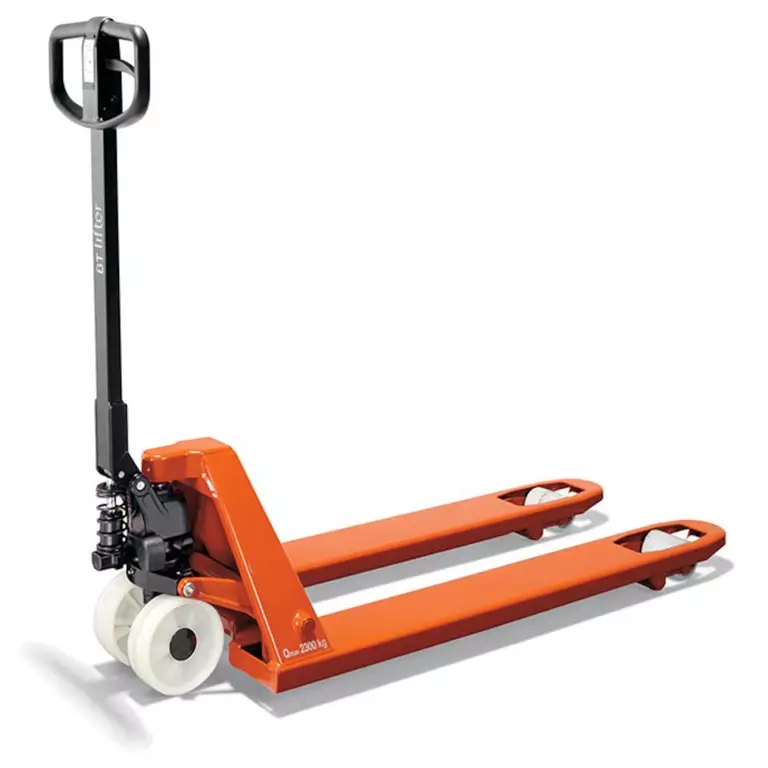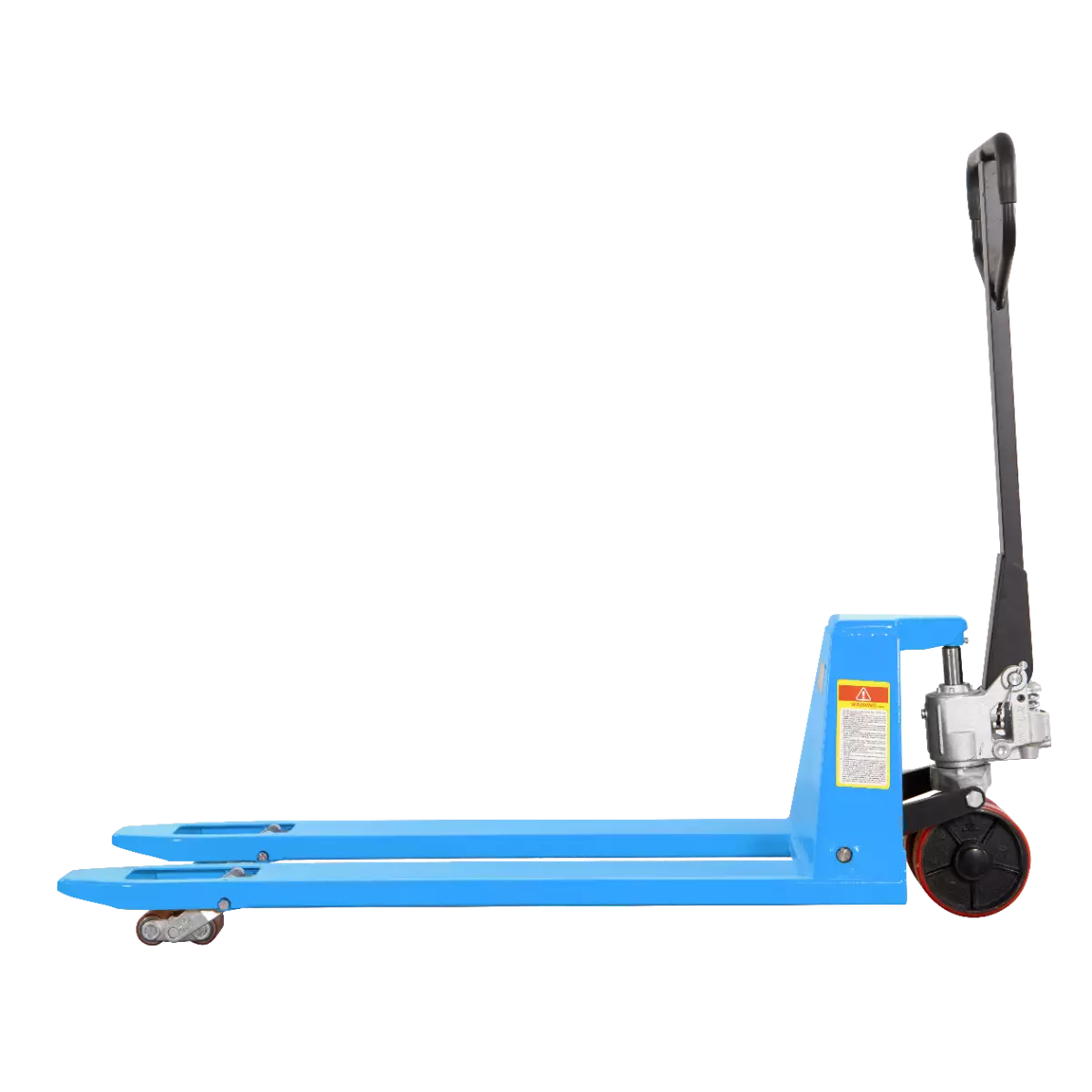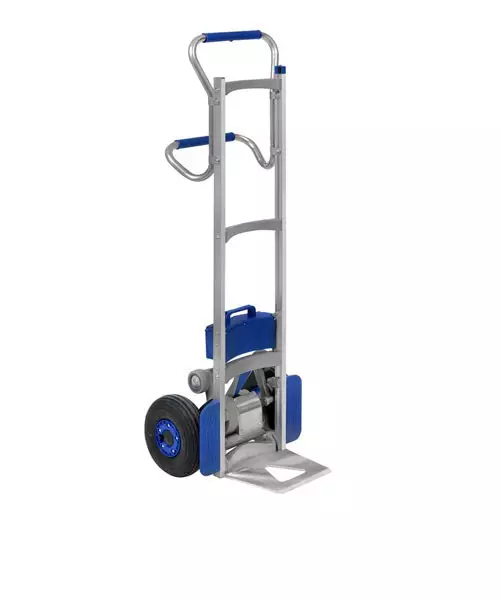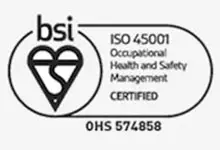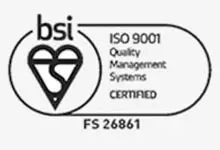Why You Should Use Stainless Steel in Pharmaceutical and Food Industries
Stainless steel is the material of choice in both the pharmaceutical and food industries due to its exceptional properties that meet stringent hygiene and safety standards. Its corrosion resistance, durability, and ease of cleaning make it indispensable in environments where contamination control is paramount.
Benefits of Stainless Steel in the Pharmaceutical Industry
- Corrosion Resistance: Stainless steel resists corrosion from chemicals and cleaning agents, ensuring longevity and maintaining purity in pharmaceutical processes.
- High-Temperature Tolerance: It withstands high temperatures during sterilization processes without degrading, making it ideal for equipment like autoclaves and reactors.
- Ease of Cleaning: Its smooth, non-porous surface prevents microbial growth and allows for thorough cleaning, essential for maintaining sterile conditions.
- Durability: Stainless steel's strength ensures that equipment can withstand rigorous use without compromising structural integrity.
For equipment tailored to pharmaceutical applications, explore our range of pharmaceutical-grade stainless steel equipment.
Advantages of Stainless Steel in the Food Industry
- Hygienic Surface: Stainless steel does not harbor bacteria, making it ideal for food preparation and processing surfaces.
- Non-Reactive Material: It doesn't react with food products, ensuring that flavors and quality remain unaltered.
- Resistance to Cleaning Agents: It can withstand frequent cleaning with strong detergents, maintaining its integrity over time.
- Compliance with Food Safety Standards: Stainless steel meets global food safety regulations, ensuring consumer safety.
Discover our selection of stainless steel food processing equipment designed to meet the highest industry standards.
Conclusion
Utilizing stainless steel in pharmaceutical and food industries is not just a preference but a necessity to ensure hygiene, safety, and compliance with regulatory standards. Its properties align perfectly with the demanding requirements of these sectors.
Contact Us
For more information on our stainless steel equipment solutions, please contact us:
- Email: info@liftruck.co.uk
- Phone: 0800 458 8025




